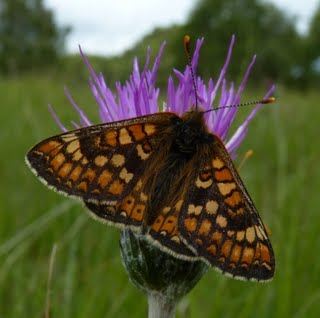Invertebrate & Insect Survey
Relatively few insects and invertebrates are protected under UK law, although several are listed as Biodiversity Action Plan (BAP) species.
Planning authorities expect these species to be considered in ecological impact assessments.
We use a variety of techniques for surveying invertebrates and insects depending on the habitats present on a site. Survey methods include direct searching, sweep netting, beating, sieving, suction sampling, pitfall trapping, deadwood searching and light trapping for moths. Laboratory identification follows on from the fieldwork and is required for some critical invertebrate groups. Surveys usually involve three repeat visits undertaken in spring, summer and autumn.
Our ecologists can undertake both terrestrial and aquatic invertebrate surveys either to inform development proposals or as part of habitat management plans. Our ecologists are also licensed to undertake white-clawed crayfish surveys and a range of other ecological surveys.
For more information call us on 029 2065 0331.


